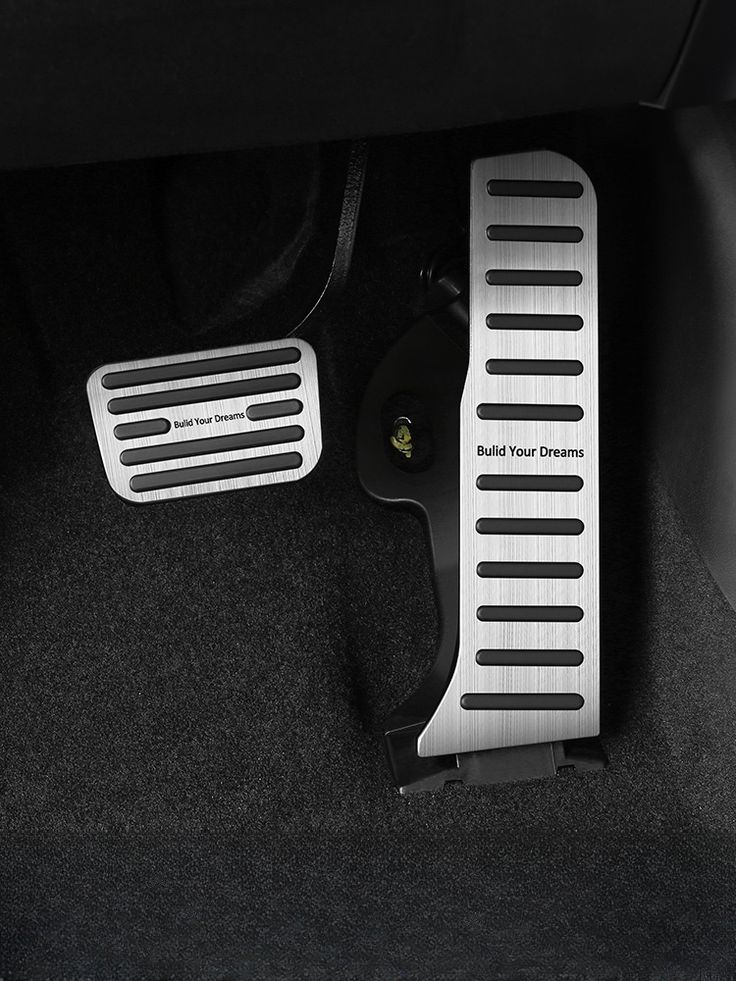Introduction
Your car’s brakes are its most vital safety feature. Catching problems early can prevent accidents, costly repairs, and dangerous breakdowns. In this guide, we’ll explore the early warning signs of brake failure and what you can do to address them before it’s too late.
1. Squeaking or Squealing Sounds
-
High-pitched squeaks often indicate worn brake pads.
-
Most pads have a built-in wear indicator—a small metal tab that squeals when friction material runs low.
-
Action: Schedule a brake inspection immediately.
2. Grinding Noise When Braking
-
Grinding means the brake pads are completely worn down, and metal is scraping metal.
-
This can damage rotors and dramatically increase repair costs.
-
Action: Stop driving until the brakes are repaired.
3. Vibration or Pulsation in the Brake Pedal
-
A pulsing pedal or steering wheel can signal warped rotors or uneven brake pad wear.
-
It may also indicate issues with the anti-lock braking system (ABS).
-
Action: Have a mechanic inspect the rotors and pads.
4. Soft or Spongy Brake Pedal
-
If the pedal sinks too easily, there could be air in the brake lines or a fluid leak.
-
A spongy pedal reduces stopping power and can be dangerous.
-
Action: Check brake fluid levels and visit a professional immediately.
5. Car Pulls to One Side While Braking
-
Uneven braking pressure can stem from a sticking caliper, collapsed brake hose, or uneven pad wear.
-
Action: Have the braking system inspected for uneven pressure or damaged components.
6. Brake Warning Light on Dashboard
-
A lit brake or ABS warning light means the car’s onboard system has detected an issue.
-
Don’t ignore it—this light often signals low fluid, ABS malfunctions, or other critical problems.
-
Action: Schedule service to diagnose the exact cause.
7. Burning Smell During Hard Braking
-
A sharp, chemical odor may mean overheated brakes or clutch.
-
Overheated brakes can lead to failure or warped rotors.
-
Action: Pull over, let the brakes cool, and avoid aggressive braking.
Proactive Steps to Prevent Brake Failure
-
Regular Inspections: Have brakes checked at least once a year or every 12,000 miles.
-
Fluid Checks: Replace brake fluid as recommended in your car’s manual.
-
Gentle Driving Habits: Avoid hard stops when possible.
-
Quality Parts: Always use reputable brake pads and components.
Brakes rarely fail without warning. Squeaks, vibrations, pulling, or dashboard lights are your car’s way of asking for attention. Acting quickly not only saves you money but can save lives on the road. Stay vigilant, and your braking system will stay reliable when you need it most.
